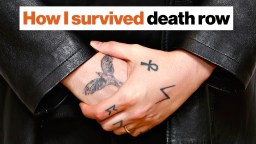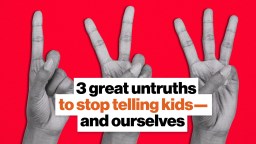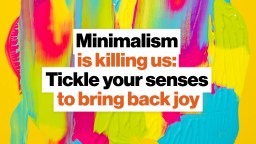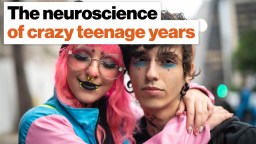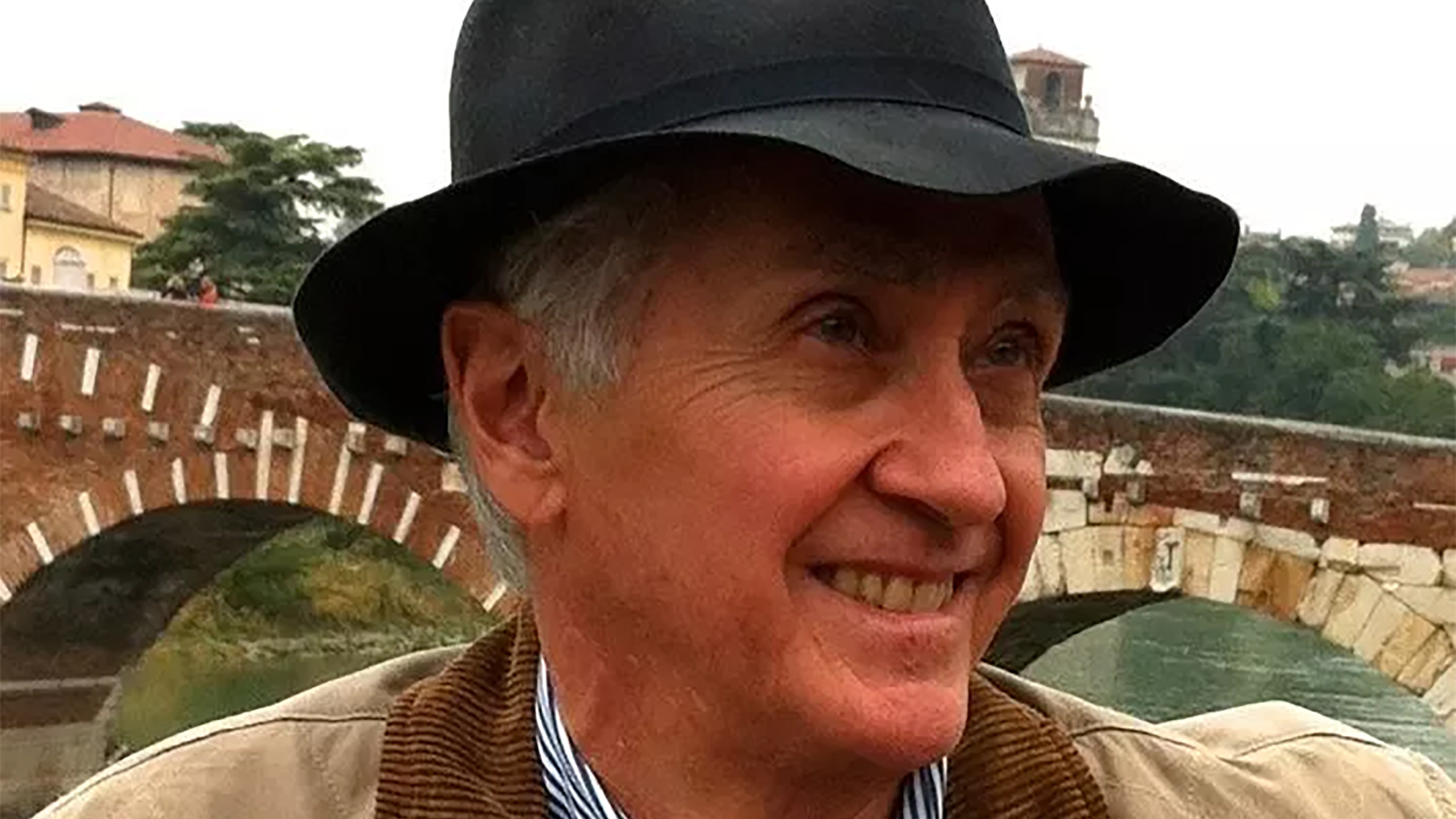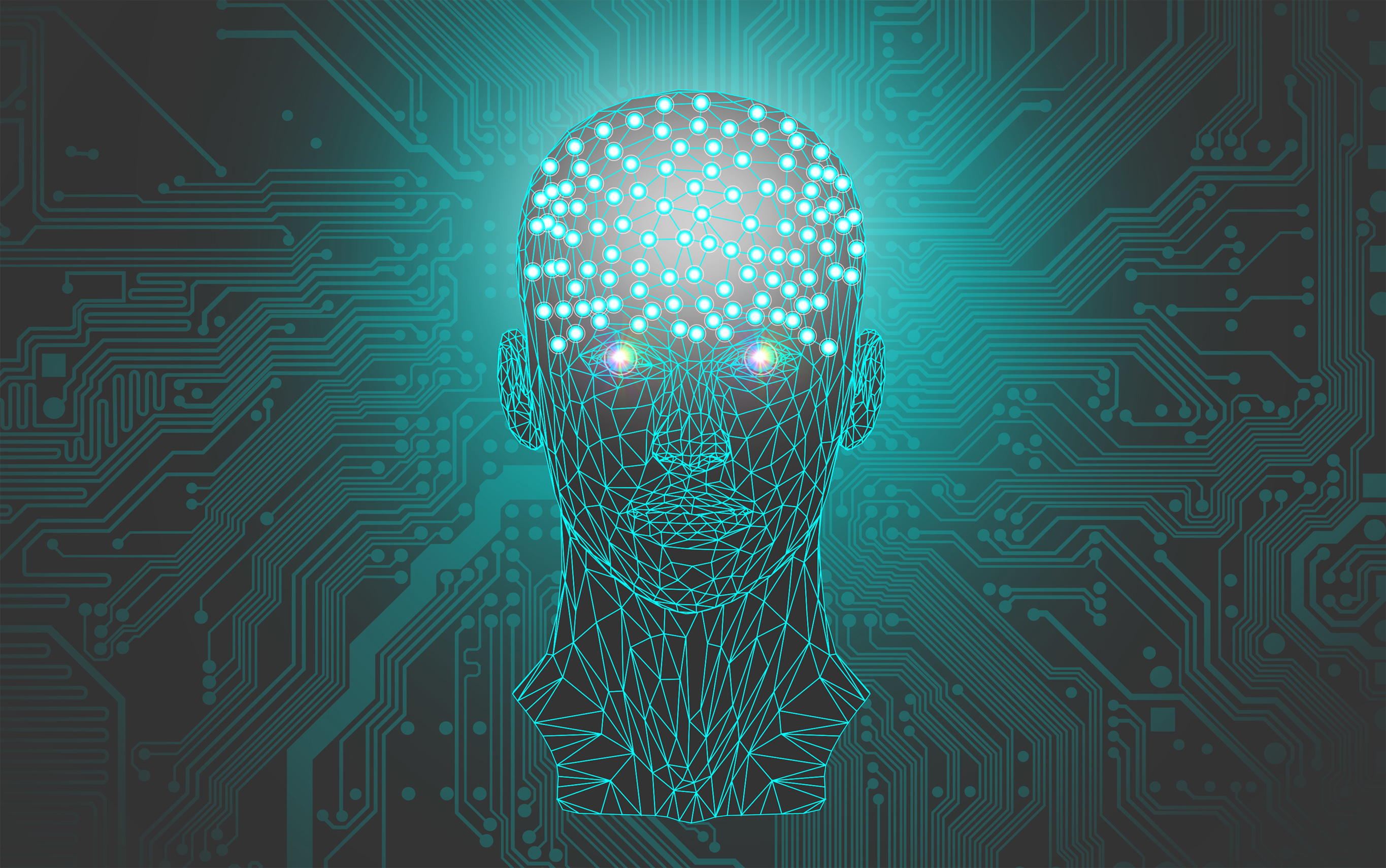Neuropsych
All Stories
New psychological research suggests that psychopaths are attracted to others with their same disposition.
Whether keto or vegan, finding love on restrictive diets is no easy task.
Meditation with a mystical edge? Don’t knock magick ’til you’ve tried it.
▸
12 min
—
with
Is microdosing magic truffles a way to unlock your creative potential? That’s long been anecdotal, but the evidence is coming.
These psychological principles can make you more resilient.
▸
6 min
—
with
Nasal inhalation may help us retain olfactory memories longer.
American geneticists take a stand against the misuse of their science by racists.
A new study suggests that we all underestimate how much people like us after a first meeting.
If you want to be a better and more passionate communicator, these tips are important.
Money makes the world go ’round. Unfortunately, it can make both children and adults into materialists.
What makes an excellent educator?
▸
3 min
—
with
We all know sleeping with your ex is a bad idea, or is it?
Want a happy, satisfying relationship? Psychologists say the best way is to learn to take a joke.
He was recruited by Jim Henson himself in 1969.
They have more casual sex, too.
People often say, “I’m just not a math person,” but the truth is that no one’s brain is hardwired for math.
“How do you feel?” is a simple and commonly asked question that belies the complex nature of our conscious experiences. The feelings and emotions we experience daily consist of bodily […]
A new survey asks Europeans and Americans to share their imaginary lives.
Minimalism, thought to be a solution to our overstimulated lives, is actually dulling our senses.
▸
7 min
—
with
Research says we overestimate the risk of truthtelling.
Across the world, companies are experimenting with shorter workweeks — is it working?
Sticklers, pedants, and English teachers love to correct your grammar, but they can put their red pens down when it comes to these six folk errors.
Neurobiologist Robert Sapolsky explains how your first 25 years will shape the next 50.
▸
4 min
—
with
The structured nature of cognitive behavioural therapy (CBT) and its clearly defined principles (based on the links between thoughts, feelings and behaviours) make it relatively easy to train practitioners, ensure […]
We tend to treat death and dying as a somber and serious event, but what if it doesn’t have to be that way?
Find out the multiple ways we classify and ascertain what constitutes intelligence.
A new study finds that naps bring cognitive benefits.


